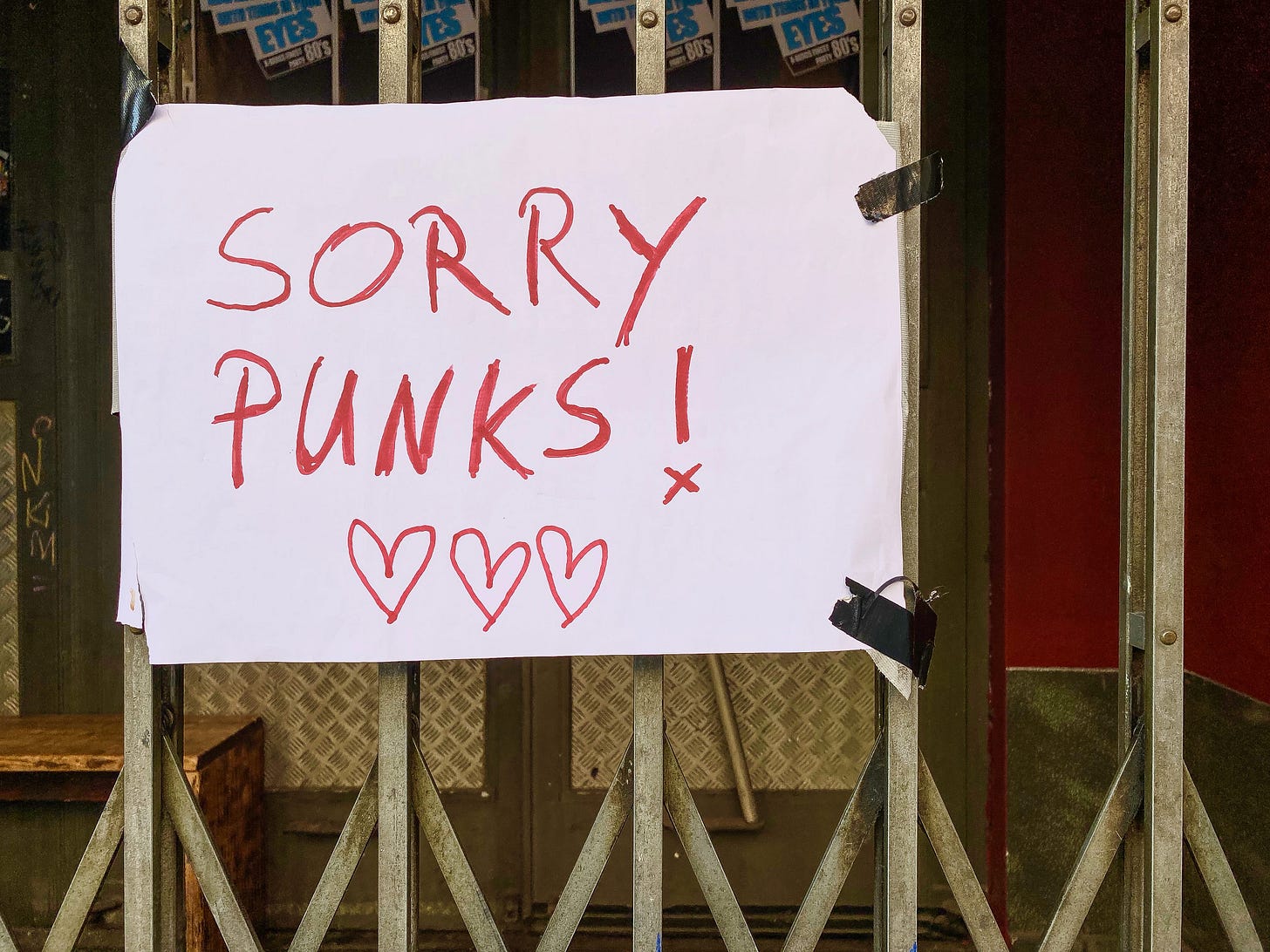Entrepreneur Office Hours: Issue #185
A certified ChatGPT-free-zone
Someone asked me if I’ve started using ChatGPT to write my newsletters or any of my articles. My first thought was to be amazed at the world we’ve entered. My second thought was to wonder whether it was an insult or a compliment.
Out of curiosity, what do you think? Do my articles and newsletters seem like they could be written by ChatGPT? And, if they were, how much would it matter to you?
The answer, as you hopefully guessed, is that nothing I write is ChatGPT-powered.
Actually… that’s not entirely true. A month ago I was struggling to end an article, so I fed it into ChatGPT, asked it to suggest a conclusion in the same style, and it spit out a perfect conclusion. I just needed to tweak one small sentence.
And then another.
And then another, and another, and another until the conclusion was entirely different than what ChatGPT originally gave me.
Does that mean ChatGPT was bad because I ultimately didn’t use anything it produced, or was it a helpful writing partner because it eventually got me to my goal?
Ugg… even trying to answer that question hurts my head, so I’m not going to bother. For this week, the only thing I know for sure is nothing in this issue was written by ChatGPT.
However, the software keeps getting better, so I’m not going to make any definitive proclamations about next week...
-Aaron
Here’s Why You Should Appreciate Your Co-Founders More Than You Probably Do
When was the last time you told your co-founders how much you love them, and why has it been so long?
Is Your Startup Making the Same Stupid Choice that Caused a VC to Pull My Term Sheet?
I thought I was building an exciting piece of technology, but I was really building a huge pile of problems.
Office Hours Q&A
———————
QUESTION:
I’m sorry that this question feels much more nitty gritty than your normal questions.
I have to choose a bank for my startup, and I don’t know which one to choose. Would you go with a big corporate bank or a local bank or even a startup speciality bank?
I didn’t realize how many banks there are. I thought it would be easier to choose than it is.
- Z
----------
I’m sure some expert CFO/CPA/accountant person is going to hate me for this answer, but go with the big, national bank, get an account open as quickly as possible, and move on.
There have to be good reasons for the existence of all the different bank options, but I just don’t know them. More importantly, for a fledgling startup still finding its first bank, I can’t imagine any service a bank offers is going to be the deciding factor in determining whether or not your company survives. Plus, if that ever becomes an issue, moving to another bank isn’t exactly impossible.
Conversely, spending too much time looking for a bank means wasting time, and you don’t want to do that. You want a banking website that works. You want convenient branches. You might even need lots of convenient ATMs when you travel. For all those reasons, just go with a big, national banking chain.
I tell you this as someone who opened accounts at a local bank when he launched his first startups and it was a terrible decision. Their online banking was clunky. Their app was always breaking. ATMs were hard to find. Simply put, they just didn’t have the resources of the big, national banks to offer all the conveniences I expected, and that made for an annoying experience.
I’d love to hear the counter-argument. I honestly don’t know what it is. If someone reading this can explain why or how a small bank might be a better choice for the average new startup, please let me know. Or… you know… just go type this question into ChatGPT and see what it says.
Got startup questions of your own? Reply to this email with whatever you want to know, and I’ll do my best to answer!






